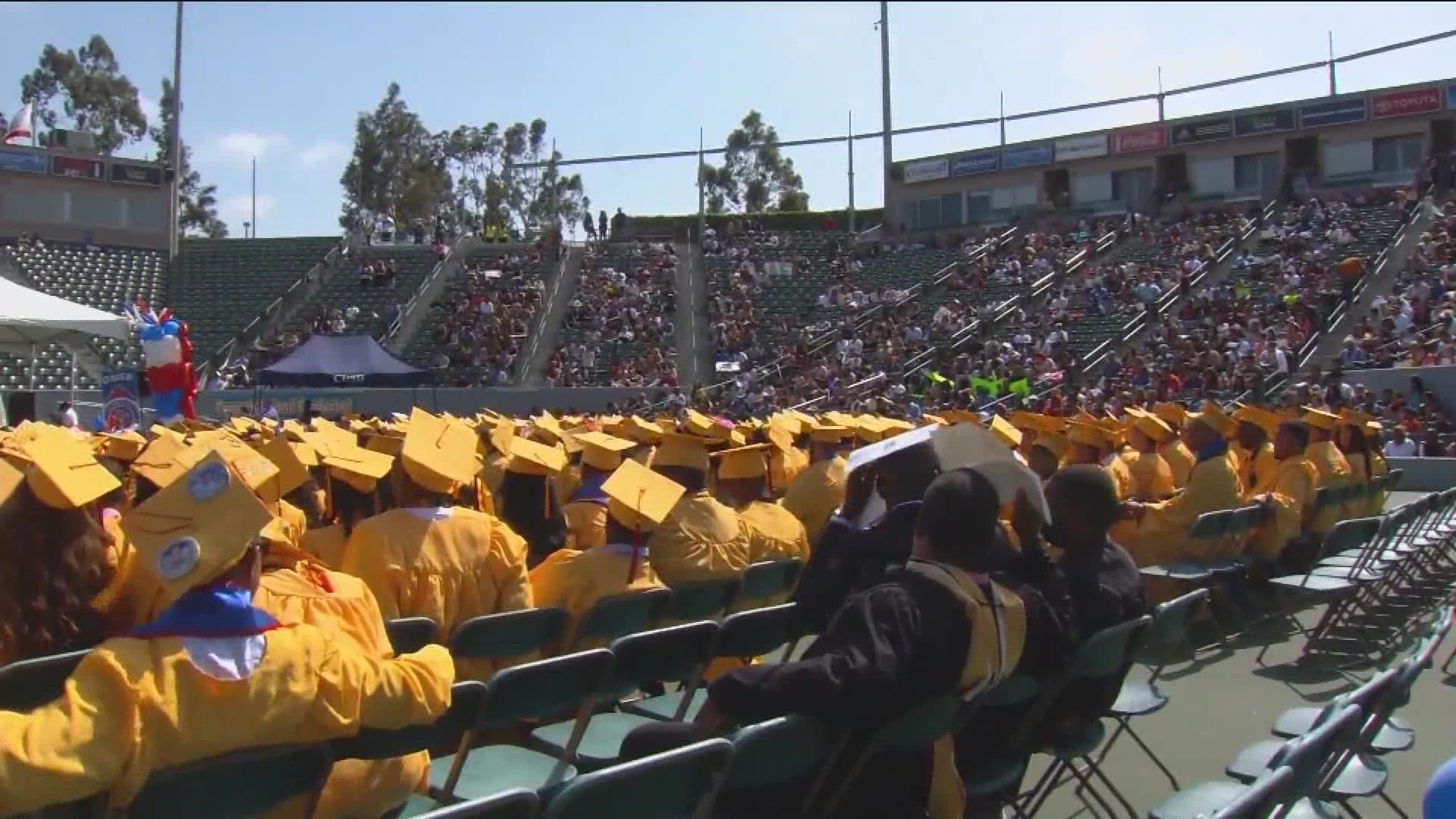TOLEDO, Ohio — Graduation season is here, which can be financially overwhelming for students in both high school and college.
But, don't worry just yet; financial experts, like Viktoria Jurkovic with the Ohio Division of Financial Institutions, say there are some simple steps graduates can take to get ready for the real world.
Have a checking account and start budgeting
First, high school students now heading off to college should all have checking accounts as these give them safe options for storing their money.
Additionally, parents of high school graduates should have a general conversation about budgeting.
Of course, most college students aren't making a lot of money, but knowing how much they can spend week to week based off of their situation is important to start practicing.
There are even apps that can help them start forming a budget, like Mint and Slice.
“You just want to think of it again; debt, credit card... strategically think about your debt,” Jurkovic said.
Know your loans and ask questions
If you are just leaving high school and are taking out loans, make sure you're aware of what type of loans you're taking out and asking the right questions to know exactly what you're getting into.
“You're really going to want to look at, 'What type of loan am I taking out? Is it a public loan or am I going to have to take out a private loan?' Looking at, 'Is interest being accrued while I'm in school or is it going to start accruing after I graduate?' And really looking at that interest rate and doing good calculations,” Jurkovic said.
Stick with a realistic payment plan
For college graduates now faced with paying back those loans, Jurkovic recommends sticking with a realistic payment that doesn't add too much to your balance.
“The longer you stretch out paying for your loans, the more interest you will have to pay. So, you're going to pay basically what you knew you were going to pay in school, then 5% - 7% more on top of that,” Jurkovic said.

